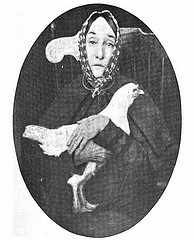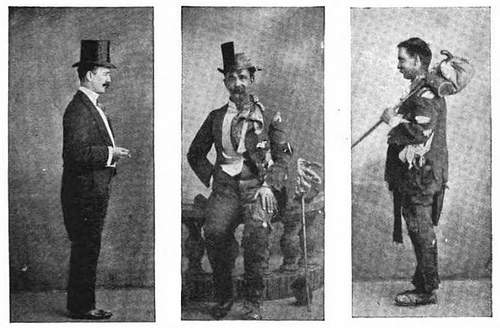
Locked between India and Tibet, the tiny kingdom of Bhutan has a curious claim to distinction: its postage stamps.
In 1951 American entrepreneur Burt Todd became one of the first Westerners to visit the Himalayan nation, and he devised the stamp program explicitly to help expand the country’s economic base.
There followed two decades of increasingly bizarre postage: 3-D stamps; stamps scented like roses; stamps with textured brushstrokes and bas-reliefs; stamps printed on stainless steel, silk, and extruded plastic; even “talking stamps,” discs of grooved rubber that can be played on a phonograph (one plays the national anthem, another contains a fleeting spoken history of Bhutan).
Todd lost his contract in 1974, and the country moved into more conventional postage. But the tradition isn’t entirely over: In 2008, Todd’s daughter arranged the world’s first CD-ROM postage stamp — it plays a video recounting the history of Bhutanese kings.



